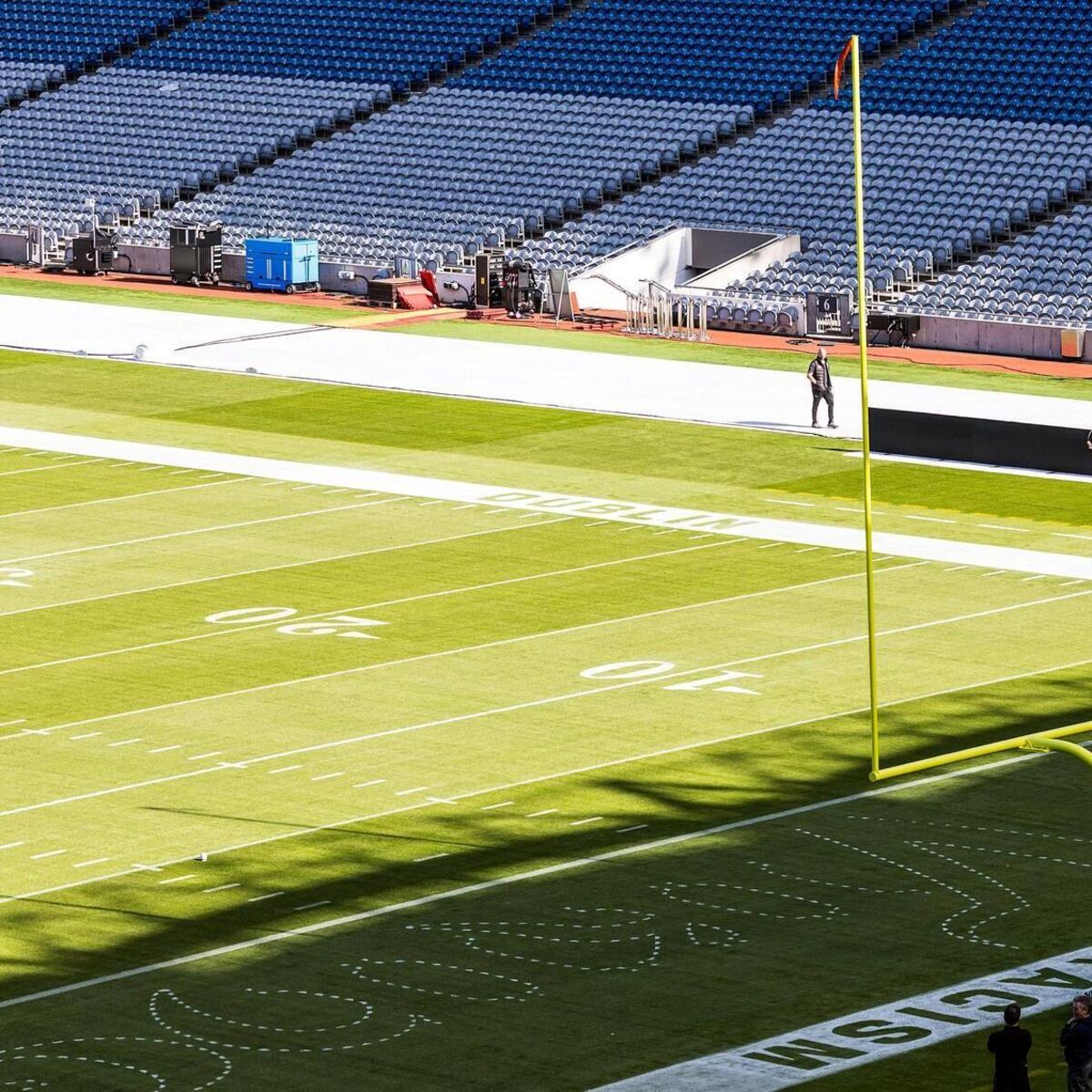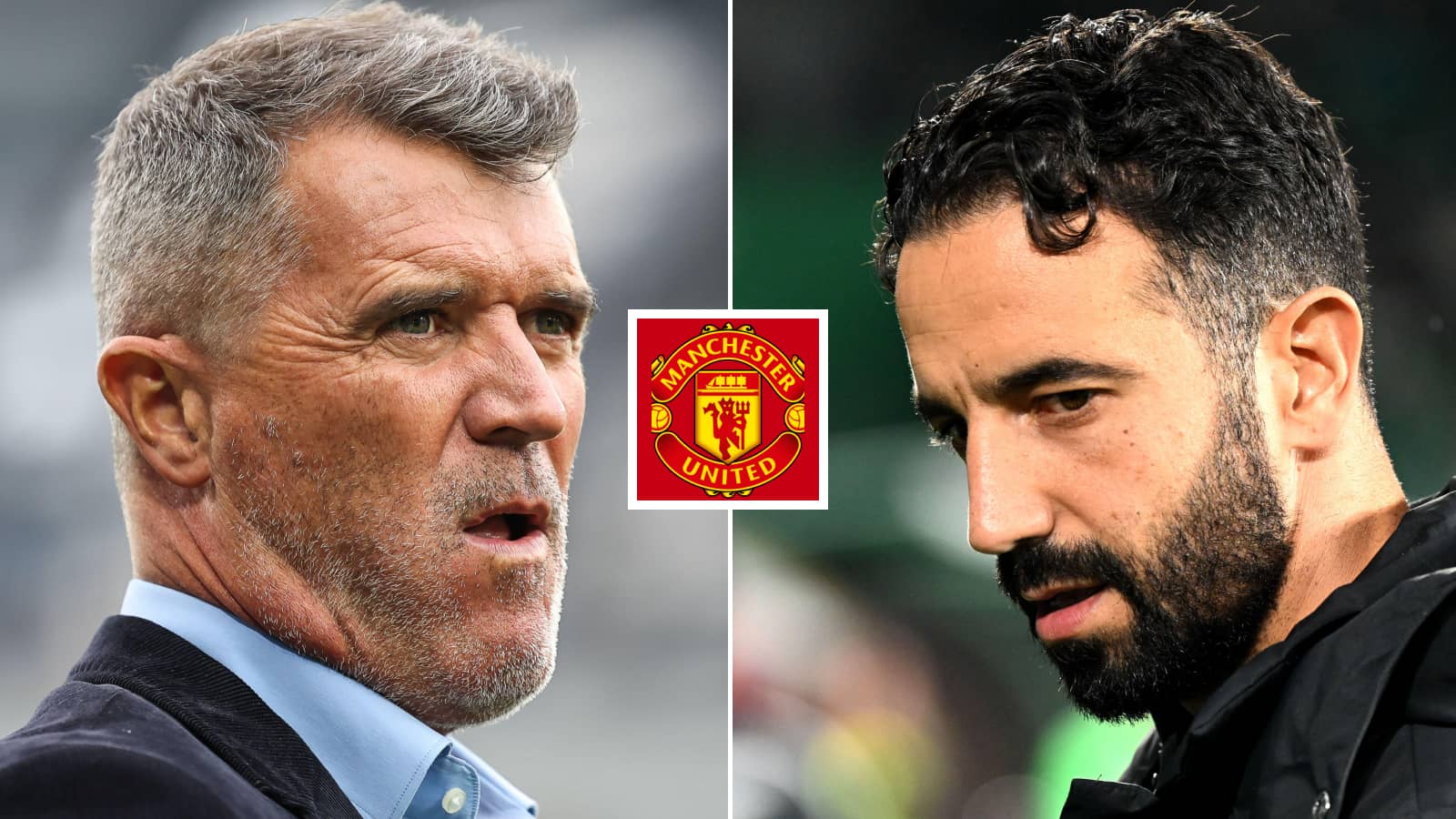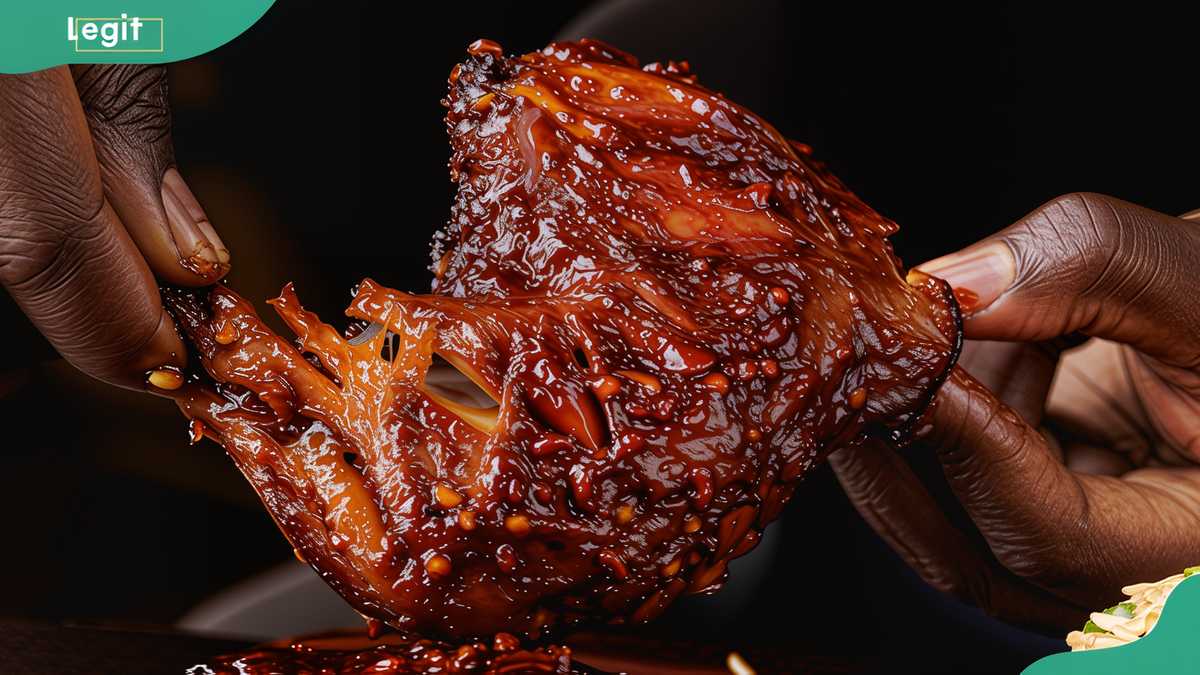By Irishexaminer.com,John Fogarty
Copyright irishexaminer

For this weekend’s game, there are 10 ticket tiers, with a host of hospitality options. A lower stand ticket was priced at €295 going down to €85 for the Upper Davin Stand, with regular Hill 16 seated admission €250.
A committee headed up by Ulster vice-chairman Declan Woods is reviewing the GAA’s ticket pricing strategy. An All-Ireland final stand ticket is currently €100, with standing terrace €55.
McKenna believes the GAA should not incorporate dynamic pricing. “I wouldn’t be in favour of it. I think there’s something very precious about knowing what a final ticket is because they’re not cheap. And I think trying to pass it to the highest bidder almost defeats what we’re about as a community-based organisation.
“We could easily increase the price of our boxes, premium seats, beyond where they’re at, but that would be the wrong thing to do because you’ll end up like you see some of the big stadiums in Europe where people only come to the big games and they’re vacant then for the rest of the year.”
Earlier this week, Ticketmaster in the UK confirmed they will now provide fans with the range of prices for tickets when they join a queue. That followed the dynamic pricing controversy around the sale of tickets for Oasis’s reunion concerts 12 months ago. The Irish-Manchester band sold out two nights in Croke Park last month.
“There were some issues around Oasis and dynamic pricing, but a lot of dynamic pricing happens in the city anyway,” highlights McKenna. “I mean, the price of a drink in some parts of Temple Bar changes three or four times during a night. Hotel prices vary depending on demand, so dynamic pricing is not really just restricted to tickets.
“There’s a whole lot of individuals operating that probably operate under the radar. I think for our own game, the fixed price is the way to go and the way to stay.”
McKenna has catered for several non-GAA sports events in Croke Park, such as Six Nations and European Cup rugby matches as well as World Cup qualifiers. The scale of the NFL’s operation is nothing like he has seen before.
“It’s at a completely different level in terms of the number of individuals that the NFL have working for them, and the detail and the focus that they have on every single aspect of the stadium set-up. The game is kicking off at 2.30pm, but everyone is assembling around seven in the morning.
“The look and feel of the stadium has completely transformed. They have NFL branding and very tastefully done all over the place. They take a model that works in the US and they just transport that right across, so there’s a consistency whether it’s Paris or Spain or Dublin. We’re learning an awful lot from it.
“I think we will never be able to afford the level of personnel that they have, the number of people who are in pitch and the number of guys we have and so on. Their orders of magnitude are different. We have three, they have 30. We have 10, they have 100. That type of thing.
“It’s a massive machine. They put huge effort in. They’re transforming not just Croke Park, but Merrion Square (Steelers’ tailgate) and so on. We’re getting some new enhancements to the stadium, particularly in IT infrastructure, which will improve the whole fibre connectivity around the stadium. A new ribbon board that’s there. How they’re going to use it will be very interesting for ourselves going forward.”
The quality and size of the Croke Park surface has been praised by NFL field director Nicholas Pappell. “That is hats off to our groundsman Stuart Wilson and his team,” remarks McKenna. “They harvested the pitch in our farm in Naul and laid it down after the concerts. I think the great thing about the Croke Park size is it gives lots of movement up and down the sidelines, which wouldn’t be the case in regular NFL stadiums.”
As with Gaelic games, there is no segregation of fans this weekend. The ease of access around the stadium appeals to the NFL, says McKenna. “To be one of the few horizontally-designed stadiums helps. What I mean by that is that crowds can walk around. Whereas soccer stadiums are invariably vertical because of segregation. So that makes a huge difference in how people can access restaurants and food and beverage facilities.”
Not since 2009 has there been seats installed in Hill 16 but it is not giving McKenna any ideas. “Could you really see Dublin doing the five-in-a-row without Hill 16 behind them? The atmosphere really comes from there. It also helps the pitch because you get this airflow that comes in off the north of the city that keeps any kind of stale air off the grass.”
McKenna hopes to build from this weekend’s experience in making All-Ireland final days more of a city-wide event. “I think we can look at how the city is dressed for a big occasion. We probably need to make a lot more of our finals within a city context.
“I think that’s something we should probably work on with Dublin City Council, just to see how can we make these events greater for audiences that are coming. I suppose our weakness is that the demand for roll-out of tickets is so high that there’s not really the opportunity to invite tourists or do a big tourist push around them.”
What will McKenna consider a good day on Sunday? One that passes without incident, of course. And “the sun shines, people come in and they enjoy themselves, they go home and they’re raving about the great experience they’ve had in the city. That’s a good day. You top it off if the Steelers win. I think they perform better when they’re not favourites.
“All this wouldn’t happen without the Government and Dublin City Council and everyone coming together to make it something. The type of céad míle fáilte that we do so well as a country, I think that’s going to make it very special.”



